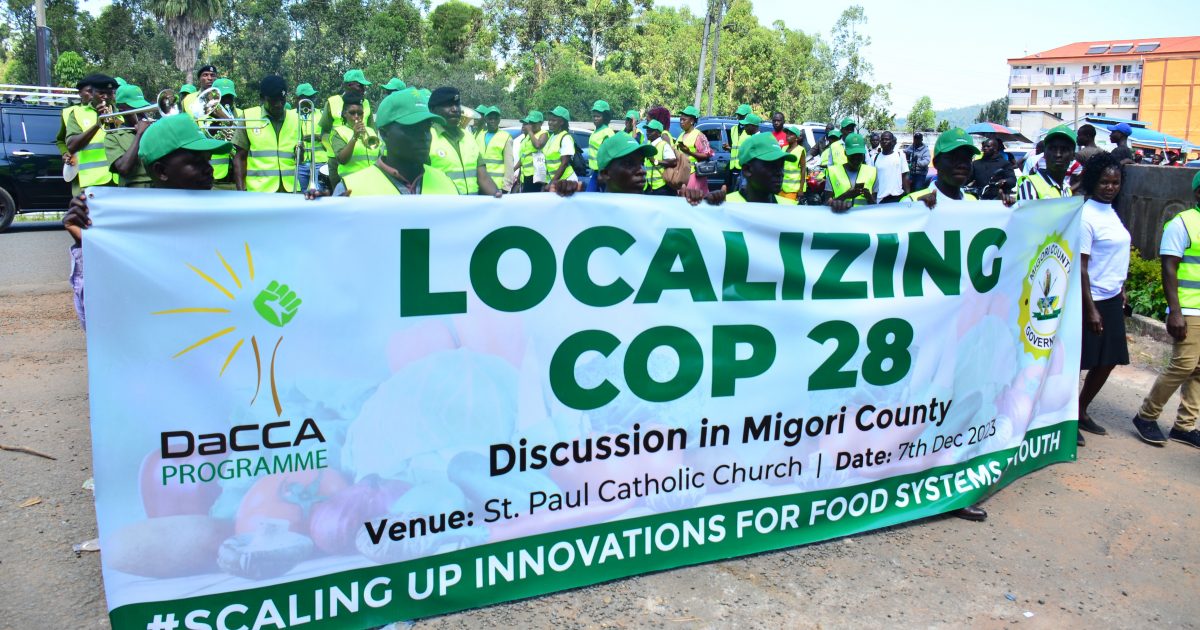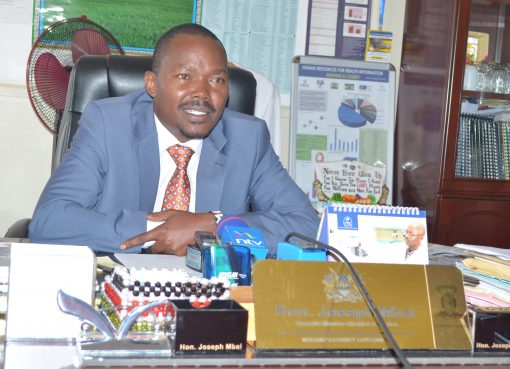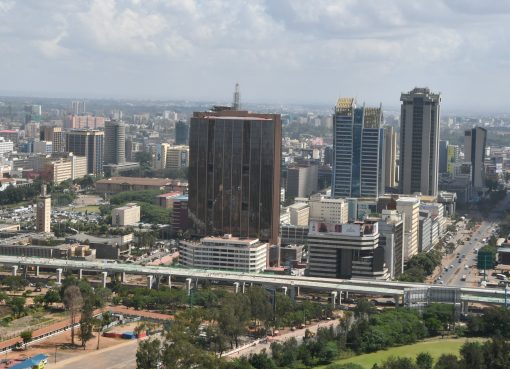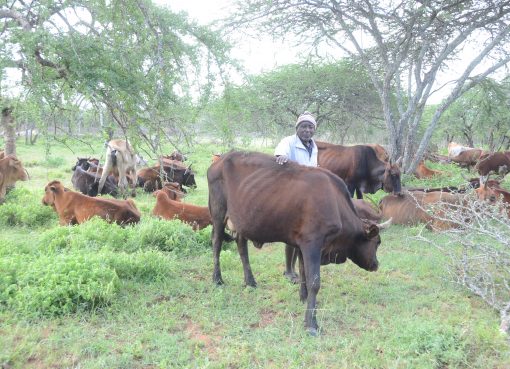Migori County climate change ambassadors have called upon the relevant environmental champions to delocalize the 2023 Conference of Parties (COP 28) to achieve the desired climate change goals.
Speaking during the delocalization of the COP 28 discussion at Migori Teachers Training College, John Bosco, a Migori environmental ambassador, said that it was important to dissect Cop 28 at both the national and county levels to establish the need-to-need basis of climate change mitigation.
Bosco explained that the community needs to be educated on issues concerning climate change through sensitisation programmes tailored to incorporate the youths to conserve the environment as well as scaling up innovations for the food system.
The environmentalist also noted that agroforestry is one of the crucial aspects in addressing climate change mitigation that will enable both forest cover and crop production to flourish.
He explained that sub-division of arable land due to population increase has reduced crop production, adding that agroforestry creates more diverse, productive, profitable, and healthy land use systems as well as curbing climate change mitigation measures.
Join hand- Green Life NGO Official Pamela Omwanda acknowledged that the organisation has been training farmers on agroforestry practices to combine agricultural and forest technologies in addressing climate change matters.
She encouraged Migori farmers to plant tree seedlings that can well adapt to farm crops through soil conservation to benefit both enterprises.
Omwanda however, affirmed that the majority of farmers do not understand what climate change is all about, adding that it’s only through proper sensitisation that the public can fully appreciate climate change mitigation measures.
However, Fred Odhiambo from The Devolution and Climate Change Adaptation programme (DaCCA) emphasised the need to help the youth with organic green systems; a modern climate-smart agriculture that can generate income as well as address climate change issues.
Odhiambo underscored the usage of wetlands through organic green systems that aim to conserve the wetlands areas, an approach towards migration of climate change and global warming.
“Planting of Arrow roots, for example, do well in wetland areas as well as stabilizing the water table making it an excellent environmental protector”, noted Odhiambo.
He added that the destruction of microclimate creation and the cooling effects of the wetland areas have been destroyed by the planting of eucalyptus trees that have led to the disappearing of the tropical rainforests.
The official also noted that the destruction of the wetland areas has resulted in Human-Wildlife conflicts, especially with animals like banded water snakes, alligators, beetles, and bullfrogs that are now scrambling for space with humans.
By Geoffrey Makokha





